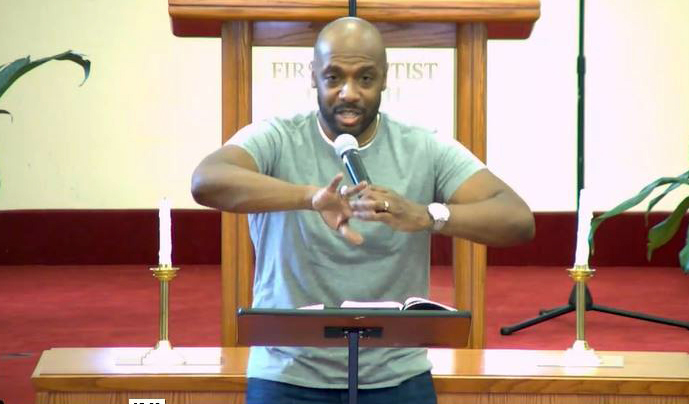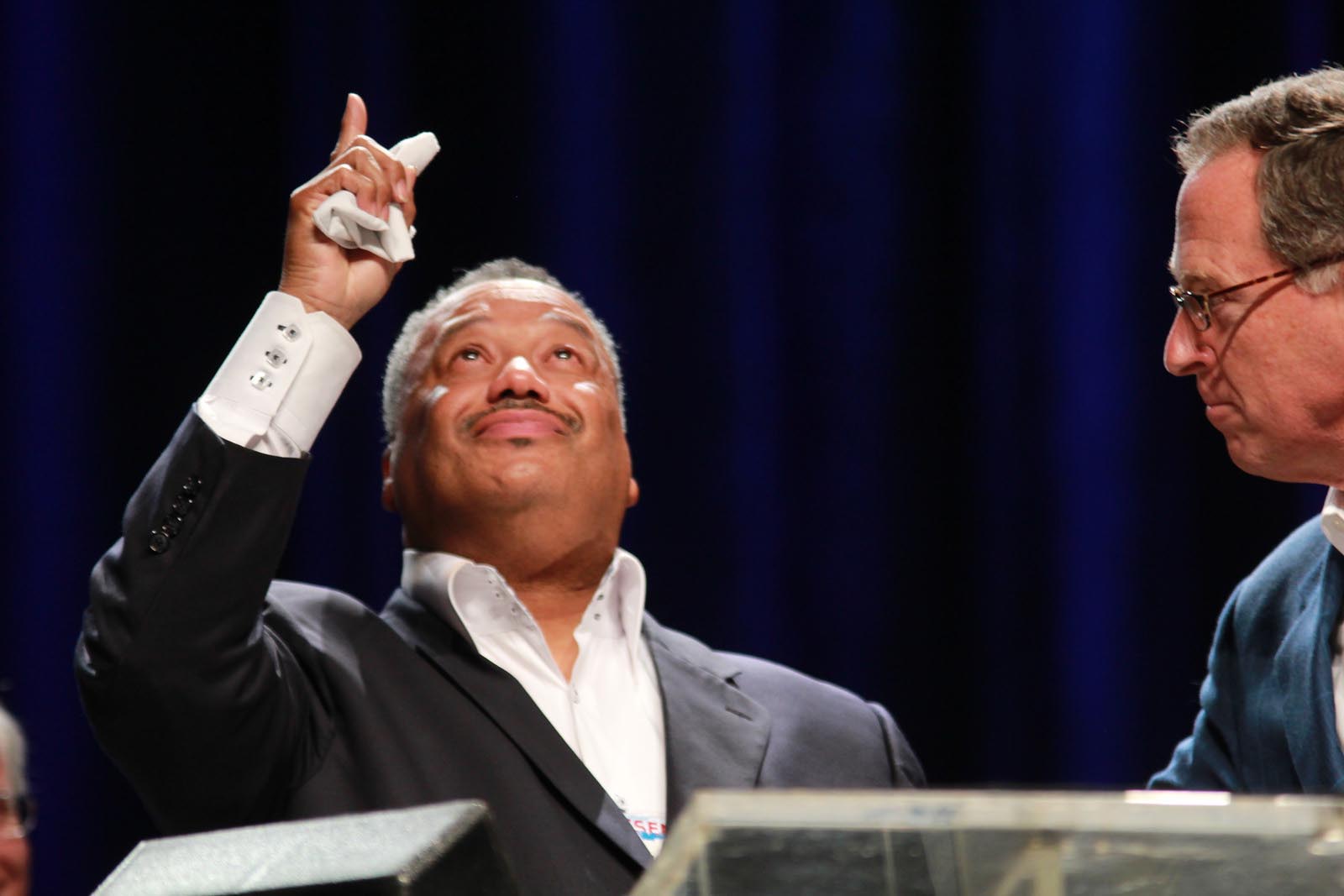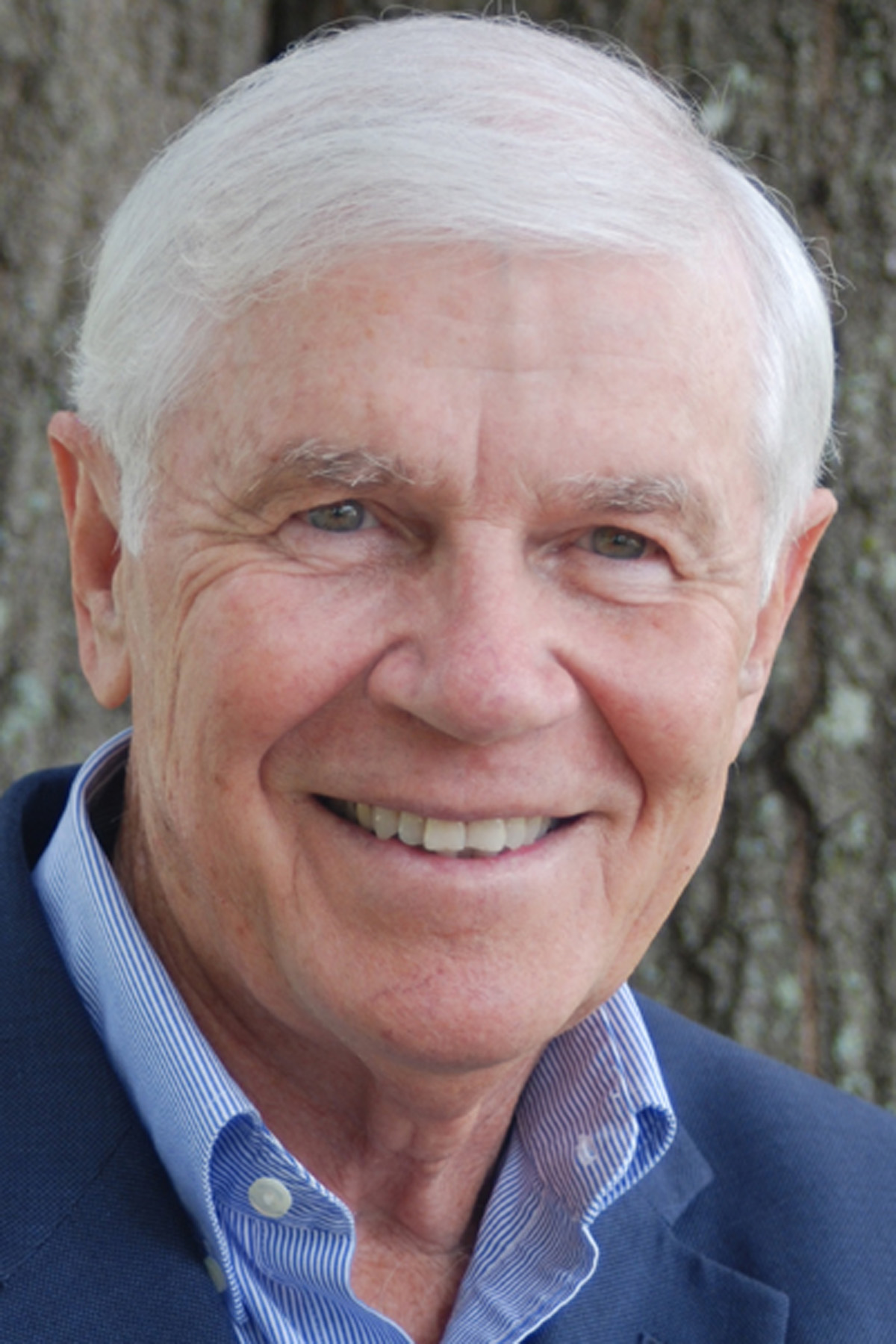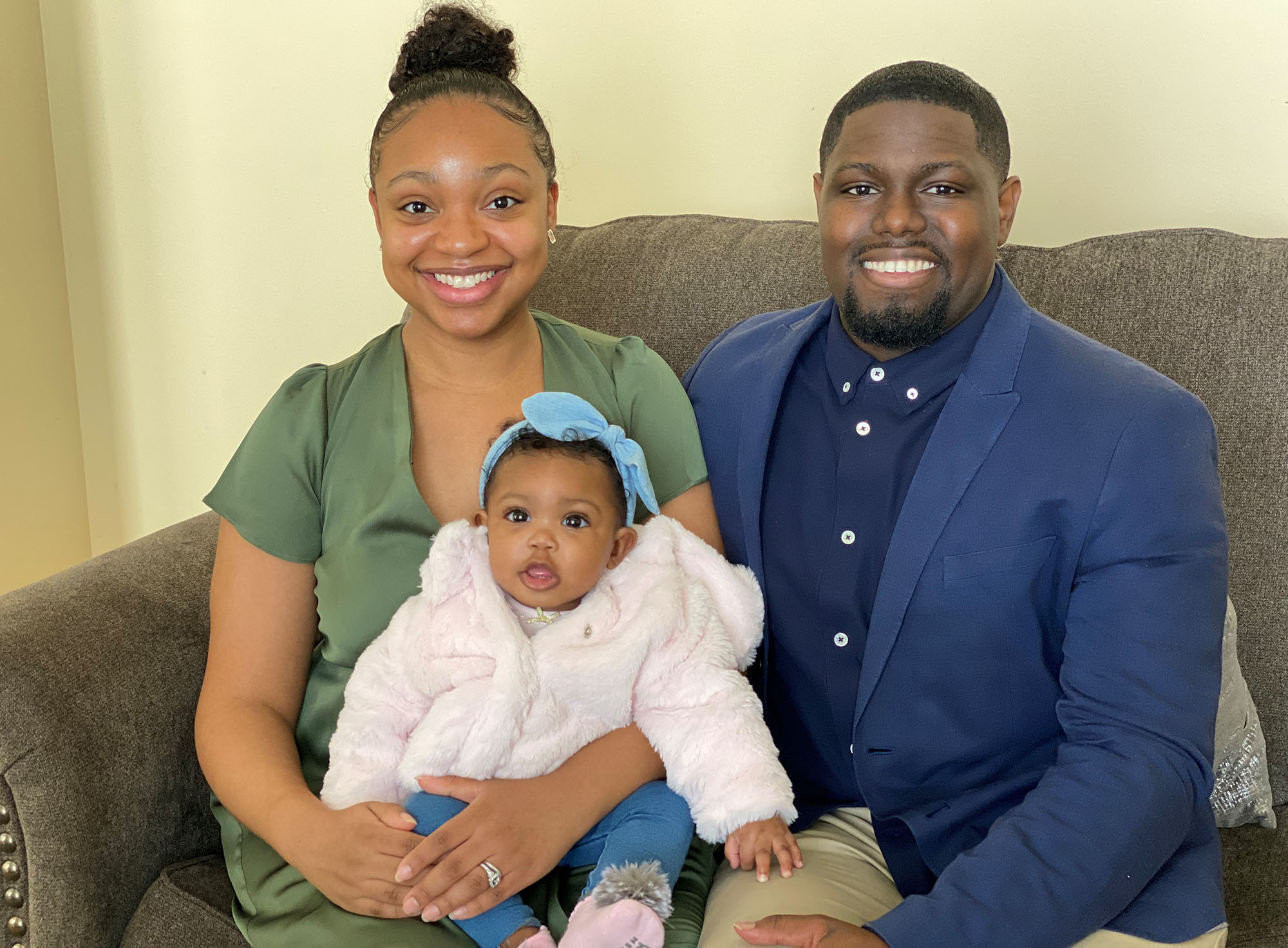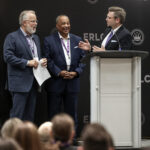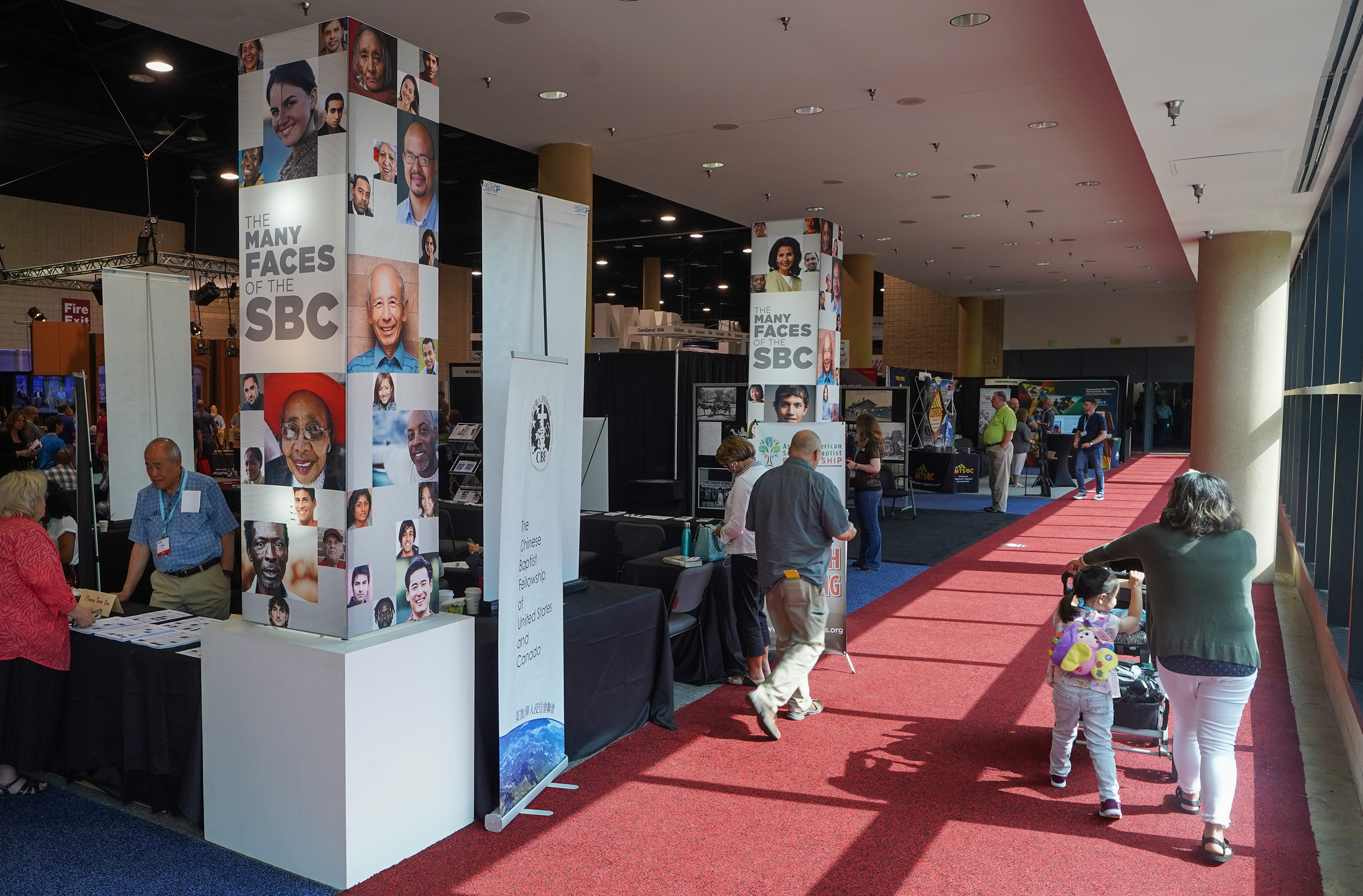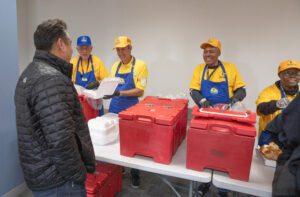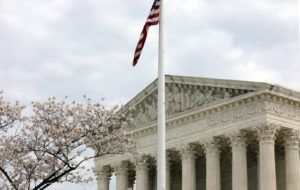

Carolyn McKinstry, a survivor of the 1963 bombing, has dedicated her life to the cause of forgiveness, love, and racial reconciliation. Photo courtesy of Tyndale House Publishers.
On September 15, 1963, a bomb exploded at Birmingham, Alabama's Sixteenth Street Baptist Church, killing four girls ages eleven to fourteen and injuring twenty-two. An African American congregation affiliated with National Baptists, Sixteenth Street was the victim of racially motivated terrorism.
Fifty years later, Southern Baptist leaders who remember the bombing say God used it to help inspire racial reconciliation even though the attackers intended only harm.
DAVID DOCKERY

David Dockery, president of Union University in Jackson, Tennessee, was ten years old at the time and remembers hearing about the bombing on the radio as his family drove home from their own Birmingham church. When he saw the charred church building, he "couldn't quite grasp that a sacred place like that would be the object of such hatred and devastation," Dockery said.
Yet the racially charged climate of Birmingham helped him "seek to become an agent of grace and reconciliation," he said.
In the early 1980s Dockery became pastor of a multiethnic congregation in Brooklyn, New York, a rarity in Southern Baptist life in those days. A decade later, as a dean at The Southern Baptist Theological Seminary, he helped the School of Theology recruit its first two black faculty members.
When he became president of Union, Dockery established a center for racial reconciliation. Because of his work in race relations, the NAACP invited him in 2009 to deliver a plenary address at the annual meeting of its West Tennessee chapter, making him the first Caucasian to do so. This year he chaired an intercultural ministerial educational summit hosted by Executive Committee President Frank S. Page to discuss how Southern Baptists can help prepare believers called to ministry from non-Anglo churches.
"My life at almost every chapter has played out attempts to be an agent of reconciliation to make sure that the hostilities so prevalent in September 1963 don't manifest themselves again," Dockery said.
JAMES DIXON JR.
As a young African American in Birmingham, James Dixon's experience of the bombing was very different. But God similarly used it to make him an agent of reconciliation. He was only twelve, but it "stirred an uproar within my heart," he said.
Increased racial tension continued to stir emotion in Dixon's young heart. As a high school student he, along with several other students, attended a civil rights demonstration downtown. When his mother learned what he had done, she deemed it too dangerous and put a stop to his participation in demonstrations; but the strong feelings within him did not abate.
Coming into a relationship with Christ helped him process the civil rights era, said Dixon, who was converted to faith in Jesus Christ at age twenty-five.
"I really praise God that He has given me a heart for people," Dixon, now the long-time pastor of El-Bethel Baptist Church in Fort Washington, Maryland, said. "That whole era could have messed me up in terms of hatred. . . . It was Christ that really helped me process that."
In the early 1970s, Dixon became a race relations coordinator at Fort Benning, Georgia, while serving in the United States Army. A few years later, as pastor of a black Baptist church in the late 1970s, he felt God calling him to cross racial lines and volunteer with Southern Baptists to promote positive relationships between black denominations and Southern Baptist churches. He moved to Maryland in 1987 as a missionary to serve as the first African American staff member at Prince George's Baptist Association. He later became pastor of a Southern Baptist church and was elected the first African American president of the Baptist Convention of Maryland-Delaware in 2010. Dixon has also served as president of the National African American Fellowship, a fellowship of more than 3,400 cooperating Southern Baptist churches, and serves on the SBC Executive Committee's African American Advisory Council.
As the advisory council has discussed ways to involve more ethnic churches and church leaders in Convention leadership, Dixon says his mind goes back to the civil rights era.
"Looking at where we are and looking at where we've come from, my mind reflects back," he said. "We've made progress among Southern Baptists, but we still have a long way to go."
K. MARSHALL WILLIAMS

K. Marshall Williams, chair of the African American Advisory Council and pastor of Nazarene Baptist Church in Philadelphia, agrees. The fiftieth anniversary of the Sixteenth Street bombing should make Southern Baptists reflect on the "appalling racism" of the 1960s and the victories of recent years, he said. Williams served twice as president of the Baptist Convention of Pennsylvania-South Jersey and celebrates the increased number of minorities serving in Southern Baptist leadership, including SBC president Fred Luter Jr.
Still, he says the same sinful attitudes that motivated the Birmingham bombing are alive and well—though tempered and manifested in different ways. Some people believe they are better than others because of their skin color; prisons are filled disproportionately with minorities; ethnic minorities don't have equal access to quality education; minorities face high unemployment. All of this is evidence of racial prejudice that Southern Baptists must help the nation address, according to Williams.
"I think we've come a long way as Southern Baptists," he said. "I think we've come a long way as a society in terms of race relations. But I think we have a long way to go. We still have a systemic problem in our land that one piece of dust thinks it's better than another piece of dust. All of us come from dust."
TIMOTHY GEORGE

Timothy George, founding dean of Samford University's Beeson Divinity School in Birmingham, said the Sixteenth Street bombing has played a major role in his efforts to foster racial harmony in the city.
Carolyn McKinstry is a 2008 graduate of Beeson. But on September 15, 1963, she was a fifteen-year-old member of Sixteenth Street who attended church that Sunday morning. She spoke with the four victims in the restroom and left only minutes before the bomb exploded. The explosion left her traumatized. She went through a phase of darkness and spiritual rebellion against God before experiencing personal revival and renewal of her faith in Christ. In 2011, she wrote about her experience in her memoir, While the World Watched, written in collaboration with George's wife, Denise. McKinstry has dedicated her life to the cause of forgiveness, love, and racial reconciliation.
Thanks in part to McKinstry's influence, Beeson professors have a warm relationship with Sixteenth Street Church. Last spring on the fiftieth anniversary of Martin Luther King Jr.'s "Letter From A Birmingham Jail," George was the Southern Baptist representative at a commemorative conference hosted by the church. Beeson professor Robert Smith, a regular speaker at Southern Baptist conferences and conventions, preached at Sixteenth Street on the forty-second anniversary of the bombing.
"At Beeson the last twenty-five years we've had a passion for racial reconciliation as one of the strategic initiatives of our school," George said. "Because we are in Birmingham, Alabama, Beeson has a stewardship of geography. Birmingham is a city with lots of scars and many memories that need to be healed. We believe God has placed us here to be a part of that healing."
RICK LANCE

Racial healing is part of Rick Lance's mission too. Now the executive director of the Alabama Baptist State Board of Missions, Lance was twelve and lived in Birmingham at the time of the bombing. He remembers being scared that four students about his age were murdered at church. He also remembers America's focus on the city.
As with other Southern Baptists, "what happened in 1963 made an indelible impression" on Lance.
"Early on in my ministry, I tried to lead my churches to open their doors to all people," he said. "Some resistance remained to such efforts, but in the main, my church families began to see people as individuals of worth created in the image of God. They became more receptive to people from all backgrounds and all walks of life. This was no small victory for Southern Baptist churches in the Deep South."
He hopes Southern Baptists of all races will "pause and remember what happened during that eventful year in the city of Birmingham" and "see the fruits of the sacrifices made by people fifty years ago."


